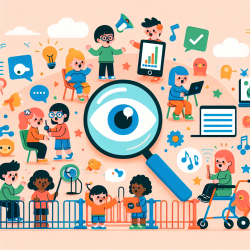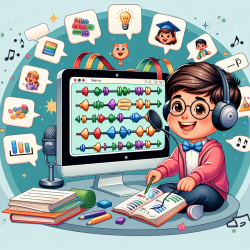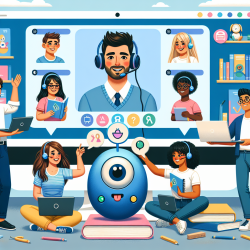Recent research published in the African Journal of Disability titled "Voices of children with intellectual disabilities on participation in daily activities" provides crucial insights into the barriers and facilitators that children with intellectual disabilities face in their daily lives. This study is particularly relevant for practitioners aiming to improve therapeutic outcomes for these children.
The study involved qualitative interviews with 49 children with intellectual disabilities from South Africa and Sweden. Using the "Picture my Participation" tool, the researchers identified key activities important to these children and explored the barriers and facilitators they encounter.
Key Findings
- Important Activities: The children highlighted organized leisure activities, formal learning at school, taking care of family members, and family mealtimes as significant.
- Barriers: These included personal functioning issues (e.g., health and self-view), social exclusion, and lack of resources.
- Facilitators: Identified facilitators were satisfaction from activities, personal capability, being included, and having resources.
Implications for Practitioners
Understanding these barriers and facilitators can help practitioners design more effective interventions. Here are some recommendations based on the study's findings:
- Address Personal Functioning: Develop programs that enhance children's self-view and teach them how to manage their health effectively.
- Promote Social Inclusion: Create inclusive environments in schools and communities to prevent social exclusion and bullying.
- Resource Allocation: Ensure that children have access to necessary resources, including transportation and financial support for activities.
- Leverage Satisfaction and Personal Capability: Encourage activities that children find satisfying and that boost their sense of personal capability.
Practitioners should also consider further research to deepen their understanding of these issues and develop more tailored interventions. By doing so, they can significantly improve the quality of life and participation of children with intellectual disabilities.
To read the original research paper, please follow this link: Voices of children with intellectual disabilities on participation in daily activities.










